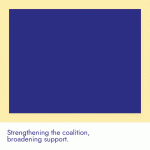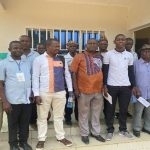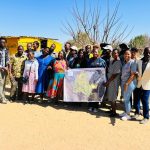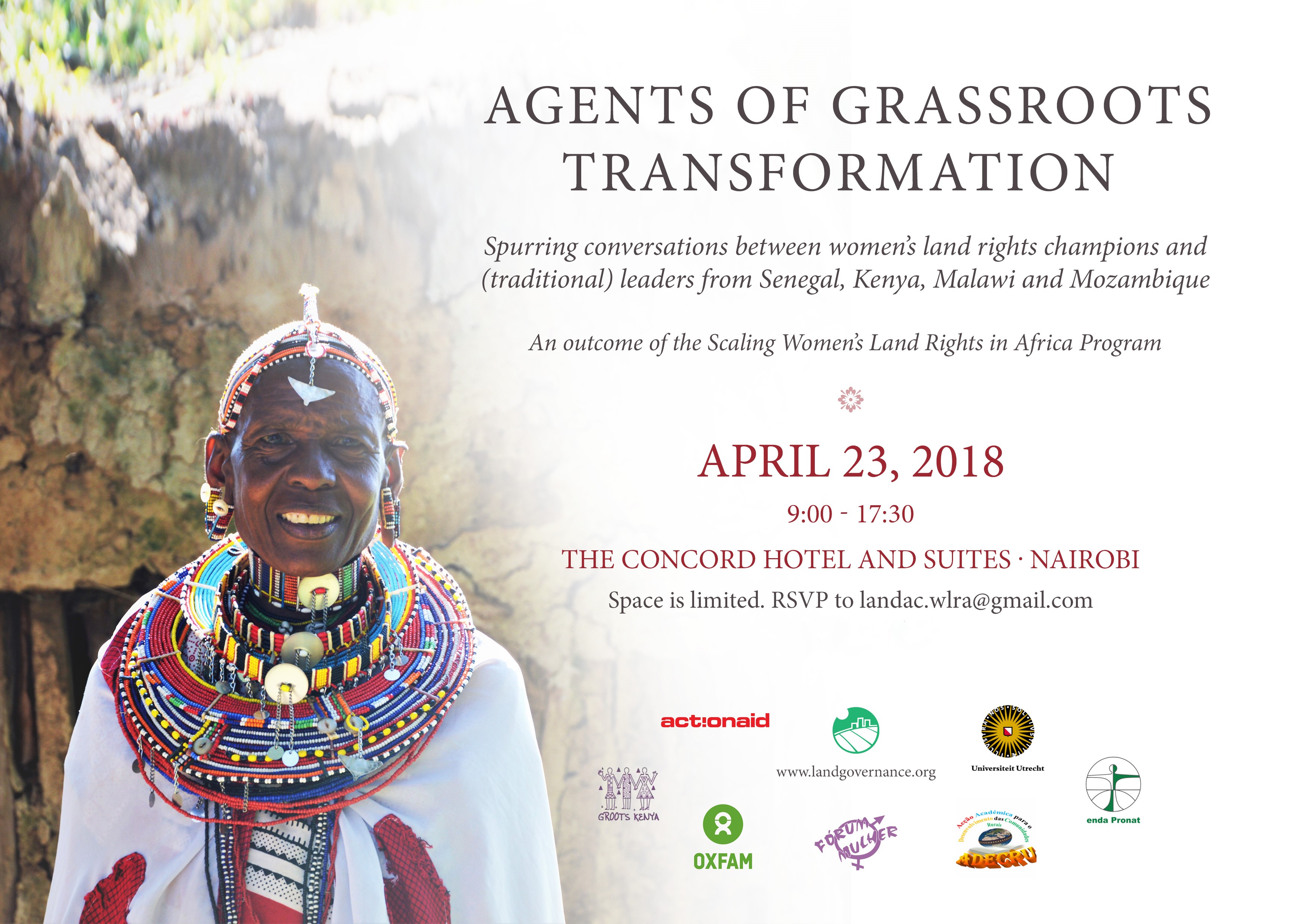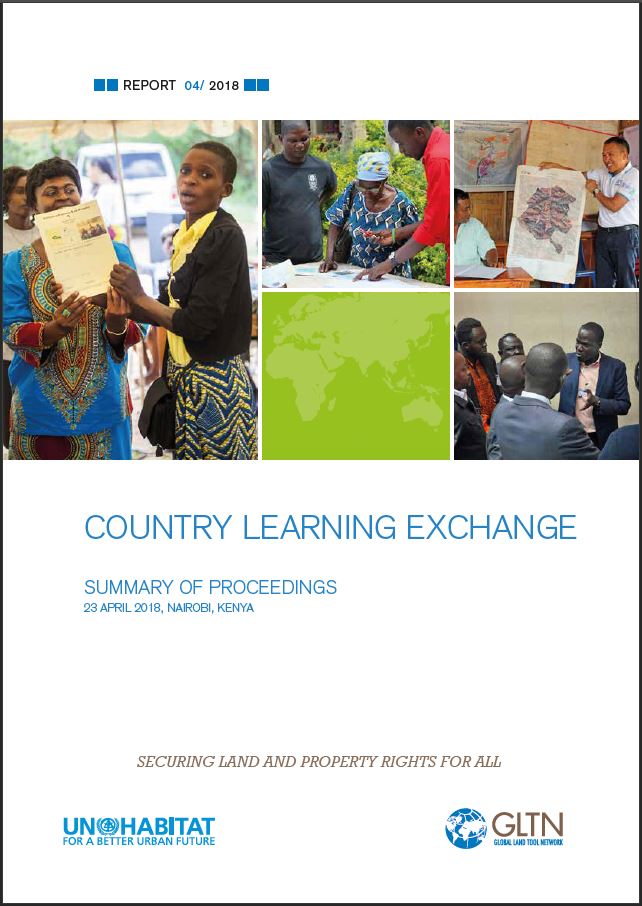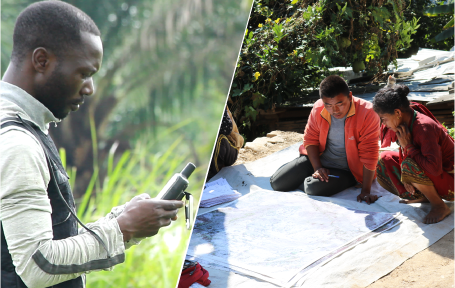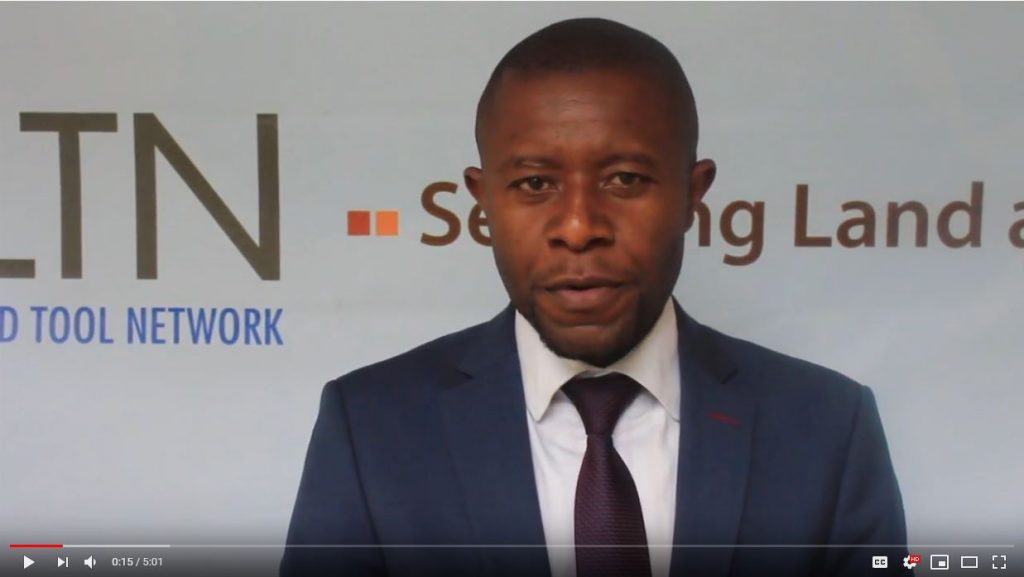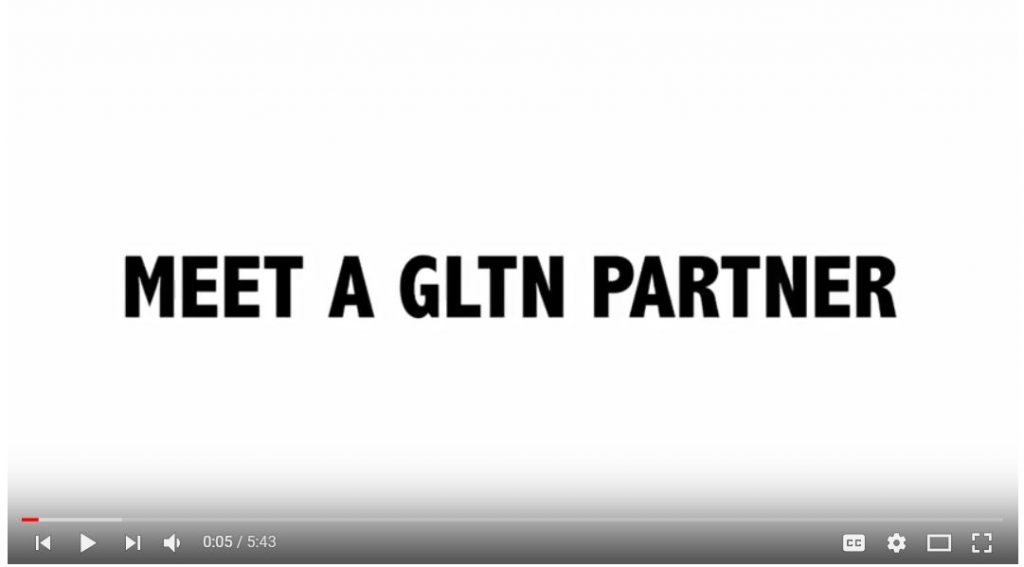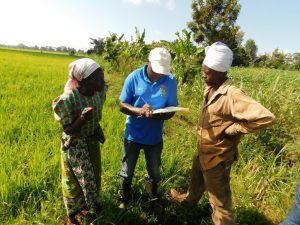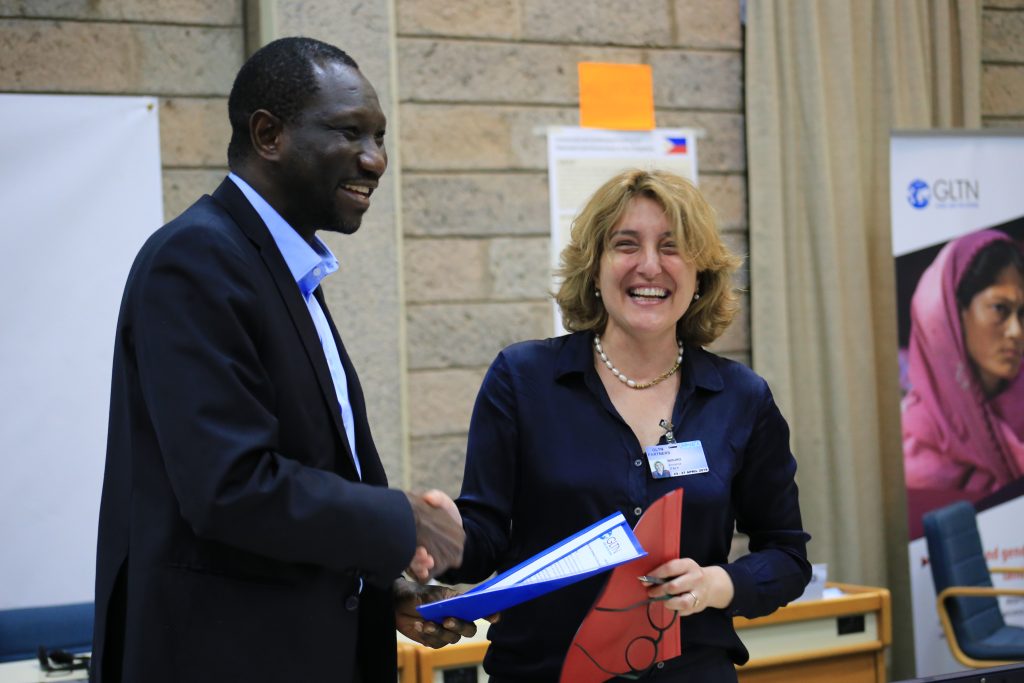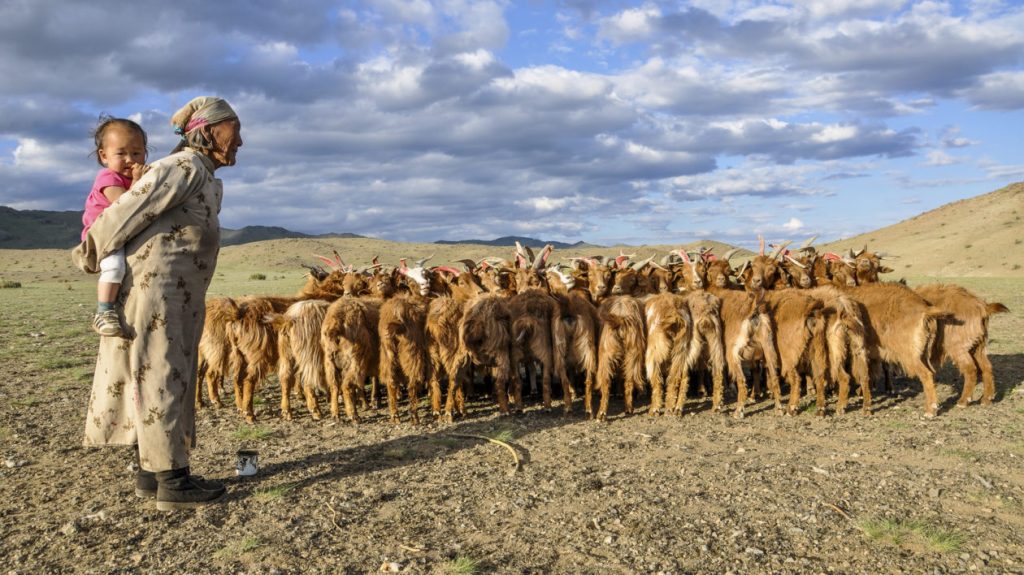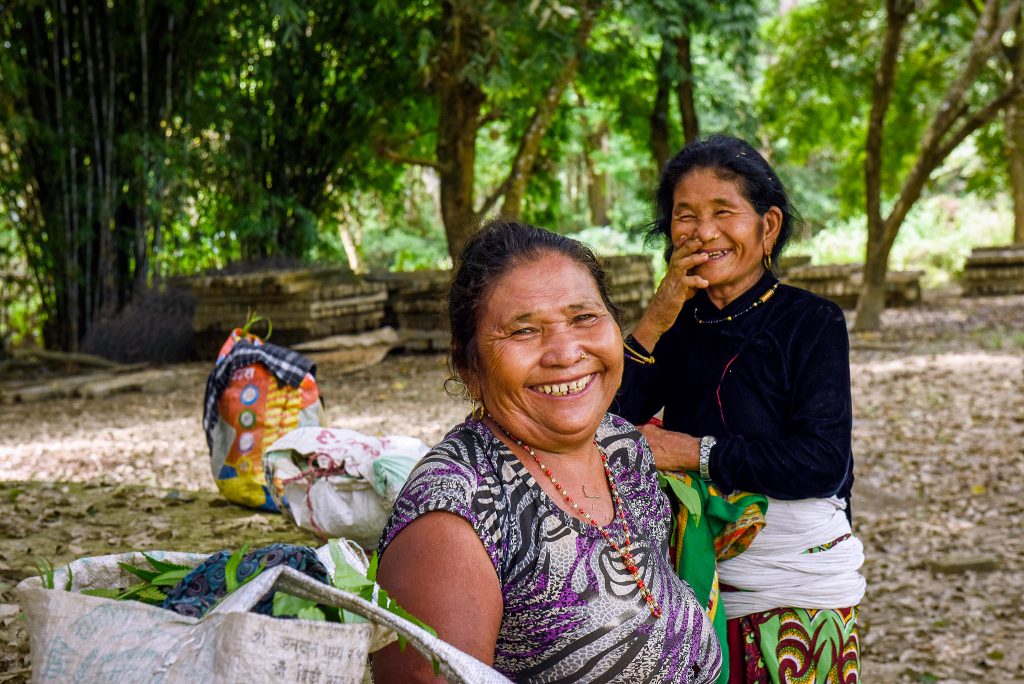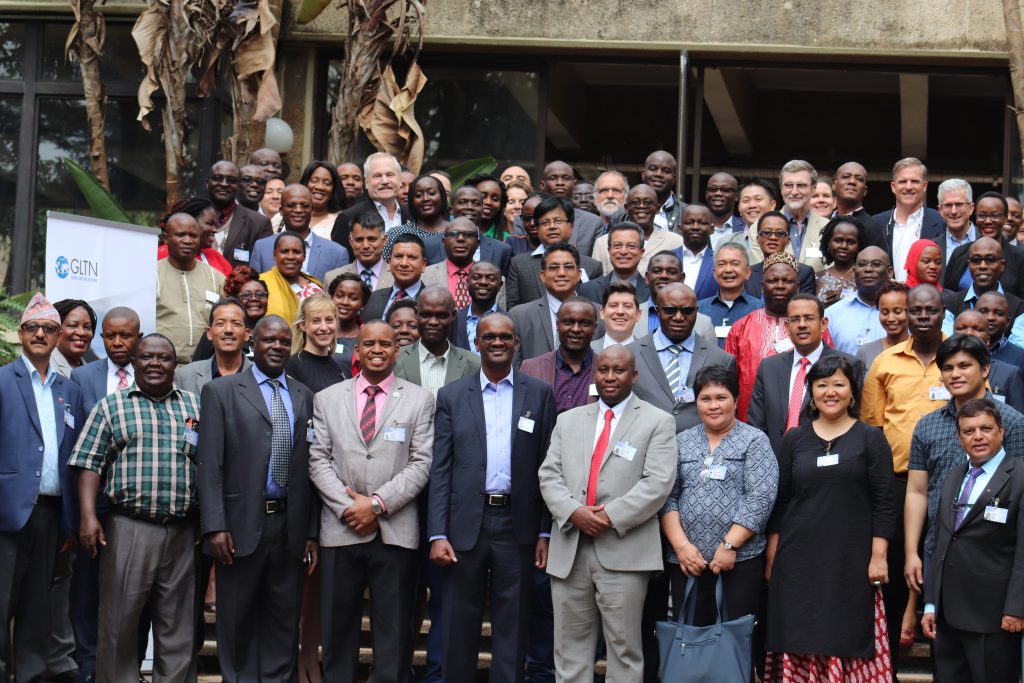
Together, we can explore how to deliver improved tenure security for all, at scale, for sustainable development.
The new GLTN Strategy (2018-2030) comes at a dynamic moment. On the one hand, there remain many significant challenges in the land sector and in terms of ending poverty for all: one in seven households’ lives in slums or informal settlements (UN-Habitat 2016). One in seven households is undernourished and without access to food and water (FAO 2011). The scale of land governance is vast and it is growing exponentially, made worse by climate change. Furthermore, resources for the land sector appear to fluctuate while the group of actors seeking them has increased as competition grows.
On the other hand, and for the first time, land tenure security appears prominently in all the current global development agenda commitments. Five of the seventeen Sustainable Development Goals (SDGs) make specific reference to and advance the role of land in sustainable development, with SDG Indicator 1.4.2 intended to directly track real progress in strengthening tenure security. The New Urban Agenda focuses squarely on tenure security, housing and community development as key requirements for sustainable, inclusive and efficient cities. The Voluntary Guidelines on the Responsible Governance of Tenure (VGGTs) have put land tenure at the ‘center’ of the planet’s efforts to secure food supplies and protect natural resources. Additionally, member countries have ratified the SGDs with a critical majority supporting the VGGTs and the NUA.
GLTN’s transition to a new Strategic Framework (2018-2030) thus comes an opportune time to capitalize on the Network’s successes and the emerging opportunities to drive a stronger pro-poor security of tenure agenda that delivers change for everyday people. GLTN has the network, experience, know-how and the tools to guide all levels of government both in urban and rural areas. Vibrant ideas, improved collaborative arrangements and innovative resources are now required to realize the Network’s unique potential and increase its vibrancy as an ongoing catalytic force.
It is expected that the Meeting will attract around 200 participants representing the current 77 GLTN partners, the GLTN Secretariat and key UN-Habitat personnel. Some government representatives and implementing partners from countries where GLTN is engaged at country level and observers / consultants, including prospective partners and development partners will also be invited to the meeting.
OBJECTIVES:
In order to together, deliver tenure security for all, at-scale the meeting objectives are to:
- Reflect on the key achievements of the GLTN partnership in addressing land tenure: successes, lessons learnt and challenges.
- Explore the opportunities for strengthening collaborative efforts to address emerging land tenure issues within the global agenda.
- Connect, learn and be inspired by each other.
- Engage the partnership in new direction with the 2018-2030 strategy and associated governance structure.
EXPECTED OUTCOMES:
- A re-connected and invigorated GLTN, with re-energized partners committed to inclusive global tenure security solutions.
- Strengthened partnerships for collaborative upscaled impact.
- Strengthened global leadership and governance.
Download the full programme in the resources sidebar.
- Session 1: Welcome and opening
- Session 2: ‘Setting the Scene’ Panel : Addressing land tenure security issues for achieving sustainable development: new paradigm
- Session 3: GLTN achievements and lessons : Country work presentations and reflections
- Session 4: GLTN achievements and lessons : Country roving session
- GLTN Partners Reception Dinner:From 6.30pm onwards at Lord Errol, Runda (GLTN Partner meeting participants only)
- Session 5: GLTN achievements and lessons: Reflections on global and regional work
- Session 6: GLTN achievements and lessons: Cluster reflections and feedback on achievements and way forward for Phase 3
- Session 7: GLTN achievements and lessons:Phase 2 External evaluation – findings and lessons
- Session 8: Implementing the new GLTN Strategy 2018-2030 : The GLTN Strategic Framework 2018-2030, the Phase 3 Programme 2018-2023 and Governance Framework
- Session 10: Strengthening Partnerships for collective effort and innovation Panel How can we work better together?
- Session 11: Conclusion and wrap-up: Partner reflections; Next steps for GLTN for Phase 3
Cluster Meeting (for all clusters) from 3.00pm to 6.00 pm : The aim of this session is for cluster groups to come together and meet (both as individual cluster groups and as a larger group), reflect on Phase 2 achievements and lessons, develop a set of recommendations for improving the vibrancy of the clusters for Phase 3 in response to the Strategy and proposed governance arrangements, and to decide on key elements to present to the main Partner’s Meeting on Wednesday 25th April 2018. Contact Jean du Plessis
LANDAC event “Agents of Grassroots Transformation” from 9am-5pm at the Concord Hotel and Suites, Nairobi. Focusing on the outcomes from the Scaling of Women’s Land Rights in Africa Programme, this event will provide the space for conversations between different women’s land rights champions and traditional leaders from Senegal, Kenya, Malawi and Mozambique. Contact wlra@gmail.com
Climate Change and Adaptive Capacity Side event from 4.00 pm to 5.30 pm with RMIT University: The overall objective of this side event is to enable participants to better understand the concepts of land tenure, climate vulnerability and adaptive capacity and how this informs their work. Contact David Mitchell
Partnering for effective communications within the data life cycle from 4.00 pm to 5.30 pm with the LandPortal: This side event focusses on how GLTN Partners can communicate effectively and share knowledge about land rights issues with key audiences, as well as with one another. GLTN Partners will gain an understanding of open data and how this can contribute to building more effective systems for communications and information management. Contact Neil Sorensen
Land and Conflict side event from 2-4 pm with the Land and Conflict Coalition : The session will provide an opportunity for GLTN Partners to present the new content created on land and conflict since the last Partners’ meeting. The intended objective is to reaffirm the role of the Land and Conflict Coalition and to create a new alignment among GLTN partners and the members of the land and conflict coalition on such emerging themes. Contact Ombretta Tempra

